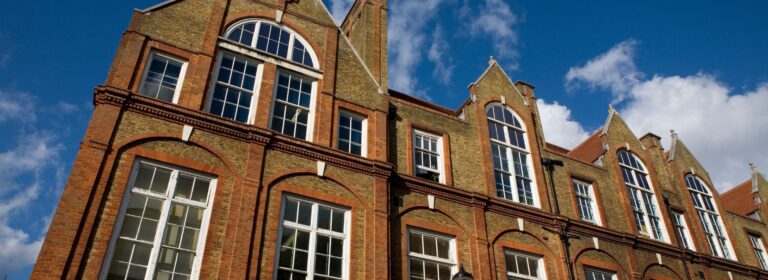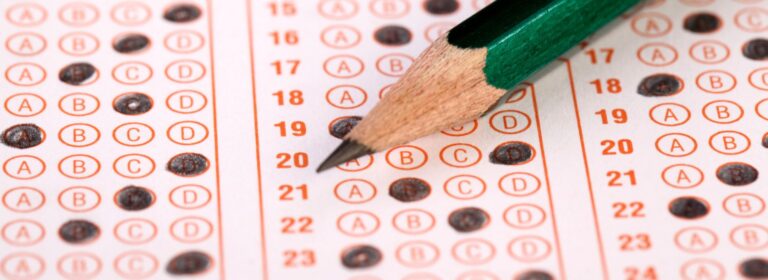As parents, one of the most significant decisions you’ll make for your child involves their education. When weighing options, a key question often arises: How do private schools compare to public schools academically?
Curriculum Flexibility
Private schools often have more flexibility in their curriculum compared to public schools. This flexibility allows them to offer a wide variety of advanced courses, specialized subjects, or unique programs not typically found in public schools. Private schools also generally have more freedom to innovate and adapt their curriculum to suit the changing educational landscape.
Class Size
Private schools often have smaller class sizes compared to public schools. This means a lower student•to•teacher ratio, potentially resulting in more individualized attention and instruction for each student.
Resources and Facilities
Private schools, particularly those that are well•funded, often have access to superior resources and facilities compared to many public schools. This could include state•of•the•art laboratories, libraries, arts facilities, and technology.
Standardized Test Performance
Studies have shown that, on average, private school students often perform better on standardized tests compared to their public school counterparts. However, it’s important to remember that standardized test scores are just one measure of academic performance.
College Preparation
Private schools typically place a strong emphasis on college preparation, offering comprehensive college counseling services and a curriculum designed to prepare students for the rigors of college•level work.
It’s important to remember, however, that academic performance can vary widely among both public and private schools. Parents should consider multiple factors, including a school’s curriculum, class size, resources, test scores, and college preparation, but also consider the school culture, community, values, and the individual needs of their child.
To summarize, when comparing private schools to public schools academically:
• Private schools often have more curriculum flexibility.
• Private schools typically have smaller class sizes, potentially providing more individualized attention.
• Private schools may have access to superior resources and facilities.
• On average, private school students often perform better on standardized tests.
• Private schools generally place a strong emphasis on college preparation.






